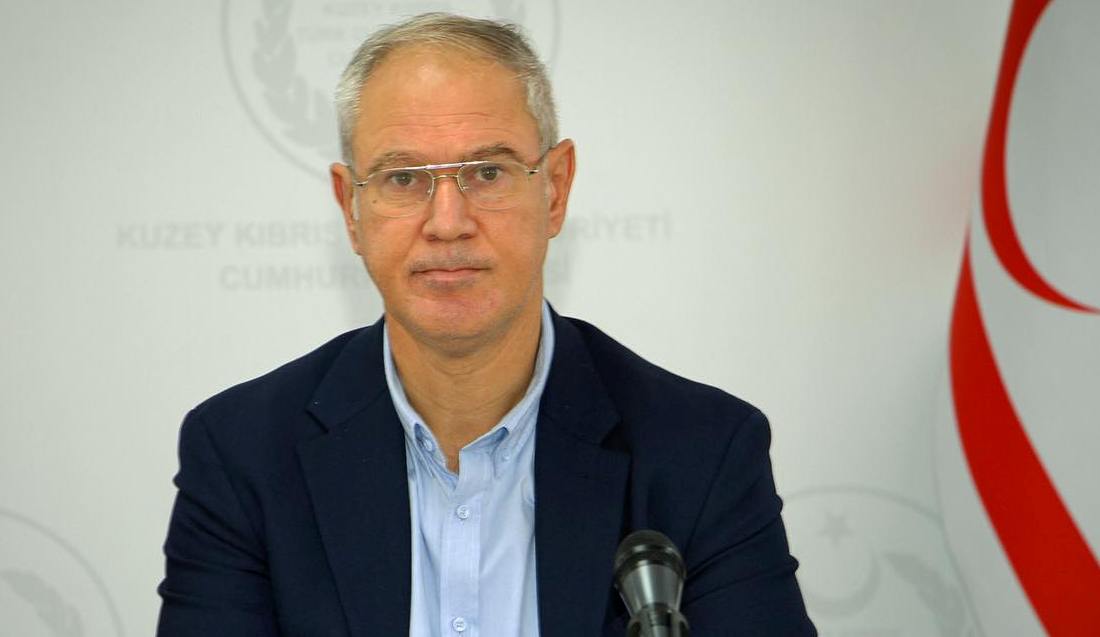
Monday marks exactly 60 years since the passage of United Nations Security Council resolution 186, which, among other things, created the UN’s Peacekeeping Force in Cyprus (UNFICYP).
On March 4, 1964, UNFICYP was created in response to the outbreak of violence on the island which had begun the previous December with the Bloody Christmas of 1963 when Greek Cypriots unleashed a bloody campaign against Turkish Cypriots.
By the time the force arrived, 25,000 Turkish Cypriots had already been displaced into enclaves and Lefkoşa had already been geographically divided along ethnic lines.
In a statement issued on the anniversary, the UBP’s General Secretary Oğuzhan Hasipoğlu said that the UN peacekeeping force on the island stood as the longest serving force in the UN’s history. “For a full 60 years, the UN has been present on our island without making any agreement with us and supporting the occupied 1960 Republic of Cyprus, which represents the status quo,” he said.
The UBP General Secretary said that the resolution passed under conditions 60 years ago was now outdated and needed to be revised in the light of the realities of the island.
He emphasized that Resolution 186 and the UN Security Council fuel not the solution but the problem and continue to create a comfort zone for the Greek Cypriots.
“Law, equality, humanity, and the right to life have been disregarded with this resolution,” said Hasipoğlu, noting that the UN and the Security Council have been trying to make the Turkish Cypriots pay the price for this mistake at every opportunity.
Recalling that in the last round of talks for a federal settlement which was held in Crans Montana in 2017, the former Greek Cypriot Leader Nicos Anastasiadis and his successor Christodulides left the table without looking back, taking strength from Resolution 186, Hasipoğlu stated that 2017 opened the window for Türkiye’s and the Turkish Cypriot side’s new policy on the Cyprus issue.
Hasipoğlu also emphasized that the Turkish Cypriot people have long deserved the delivery of equal sovereignty and international status.